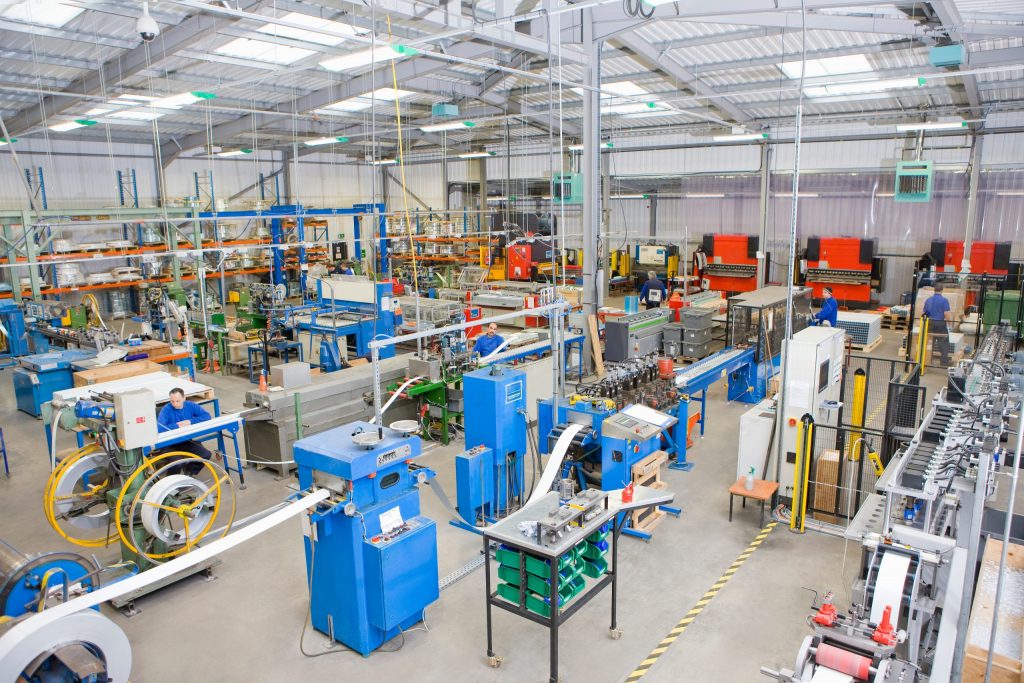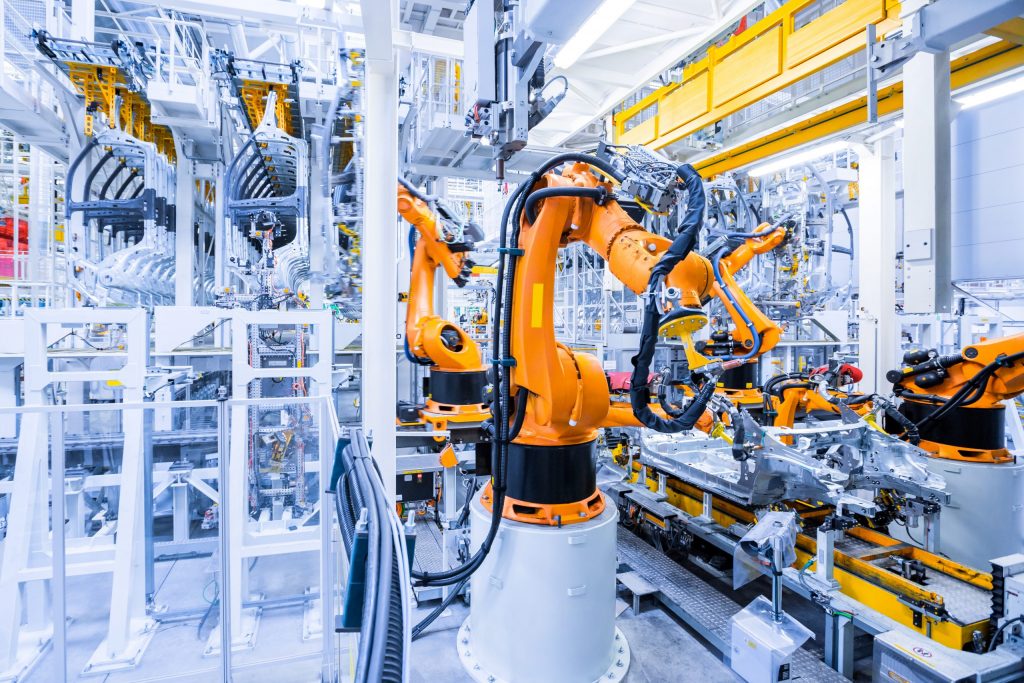An Exciting Time for Factory Automation
The unprecedented challenges of the past couple of years are driving a new era of tech in manufacturing. Automation technology today is more vital than ever in ensuring consistent production of products. COVID-19 has forced suppliers to navigate a world with a limited labor force, driving an acceleration of emergent technologies. This means recent advancements such as the Internet of Things (IoT), artificial intelligence, and AR/VR assistance for line workers may soon be implemented in factories.

Of course, the early adopters of these emergent technologies will likely be the largest 10% manufacturers. The real beneficiaries of the automation are small manufacturers, who for the first time are seeing a market of genuinely accessible automation. Traditionally, automation would need to be handled by highly expensive custom systems. Now, flexible and comprehensive turnkey systems are allowing the basic, repetitive tasks of assembly and metrology to be carried out by easily-integrated turnkey automation systems.
These systems offer a wide range of benefits to companies looking to automate. The rise of factory-automation-as-product means increased efficiency in all aspects of the automation process. From integration to service to management, turnkey systems transform manufacturers’ productivity, ushering in our new era of automation. Here’s how this easy automation helps companies in every part of their business.
How Turnkey Automation Systems Transform Production
Technical Commonality for Projects
For manufacturers considering automation, the nightmare scenario is landing in a catastrophic mess of different standards, service requirements, and operator training needs. Turnkey systems address this by offering a single standard to bring commonality across all machines. This guarantees that machines will integrate into the line seamlessly, without needing to engineer around incompatible assembly, metrology, and sensing systems.

Turnkey automation solutions also provide benefits far beyond the integration stage. Technical commonality between systems means familiar setups and interfaces across machines, allowing omate on operators to be trained quickly and easily on new additions to a process. This facilitates a steady implementation of automation over time, letting manufacturers easily increase automation as it becomes viable for their business. Likewise, it gives engineers a common set of standards and documentation, simplifying routine checks and maintenance. It also allows for a single source library of replacement parts, eliminating confusion and bottlenecks.
Streamlining Project Management Interface
A level up from on-the-floor operations of factory manufacturing automation, turnkey automation systems offer manufacturers numerous advantages when it comes to project management. Eliminating the need for multiple contacts streamlines logistical and administrative tasks. Fewer extraneous meetings and part orders save time and money, increasing the efficiency of operations. The single point of contact for open items and deliverables also makes logistics far easier to track, making oversight easier.
Perhaps most importantly, choosing turnkey automation solutions gives manufacturers a single contact for run-off and machine acceptance. A single OEM with a comprehensive understanding of your needs is ideally positioned to provide in-depth testing to ensure standards are met. Furthermore, when integrating multiple complex inspection systems into a production line, continuity in standards and data collection is vital for in-depth process control.
Single Point Service and Support
In any factory automation project, a manufacturer needs to build a partnership with the OEM to ensure mutual understanding of the needs and specifications of a process. With ready-made systems, an automation equipment manufacturer can easily deliver support across a whole process. Custom automation solutions may require a long contact list of vendors and suppliers to find service on any given part of the system.

Turnkey automation machines streamline the process, narrowing the service provider to a single point of contact. This means when something goes wrong, only one number needs to be called to provide urgent engineering support. Having robust, single source service for automation can be vital to implementing a productive, long-term system.
Reducing Administrative Complexity
Beyond the technical and process benefits, working with an OEM for turnkey systems also provides a number of logistical benefits. The first is the stronger negotiating position of a business buying in bulk. When placing a single large order from an automation machine manufacturer, companies can get better quotes than if they were attempting to source different parts and systems from multiple suppliers.
Additionally, working with a single automation supplier minimizes the logistical needs and risks on the administrative end. By reducing the number of purchase orders and suppliers, manufacturers cut costs on shipping, receiving, and the associated clerical tasks. A natural added benefit of this setup is fewer supplier account setups, which can be another managerial headache.
Automate with Us!
Want to learn more about implementing automation into your industrial process? Download our brochures! To discover the detailed +Vantage integration process and the vast array of automation services we offer, visit our website. To discuss how our systems can benefit your custom process, contact us to speak with an engineering design consultant today!


